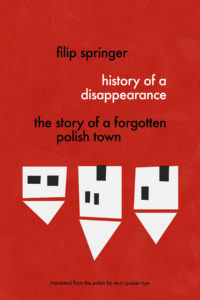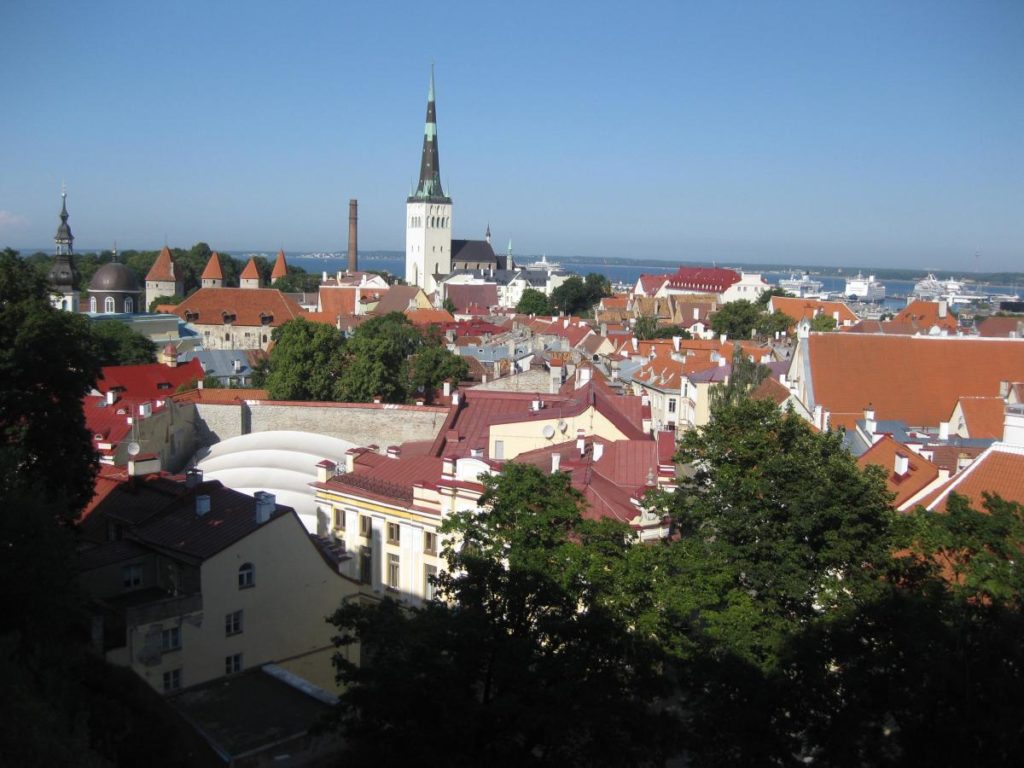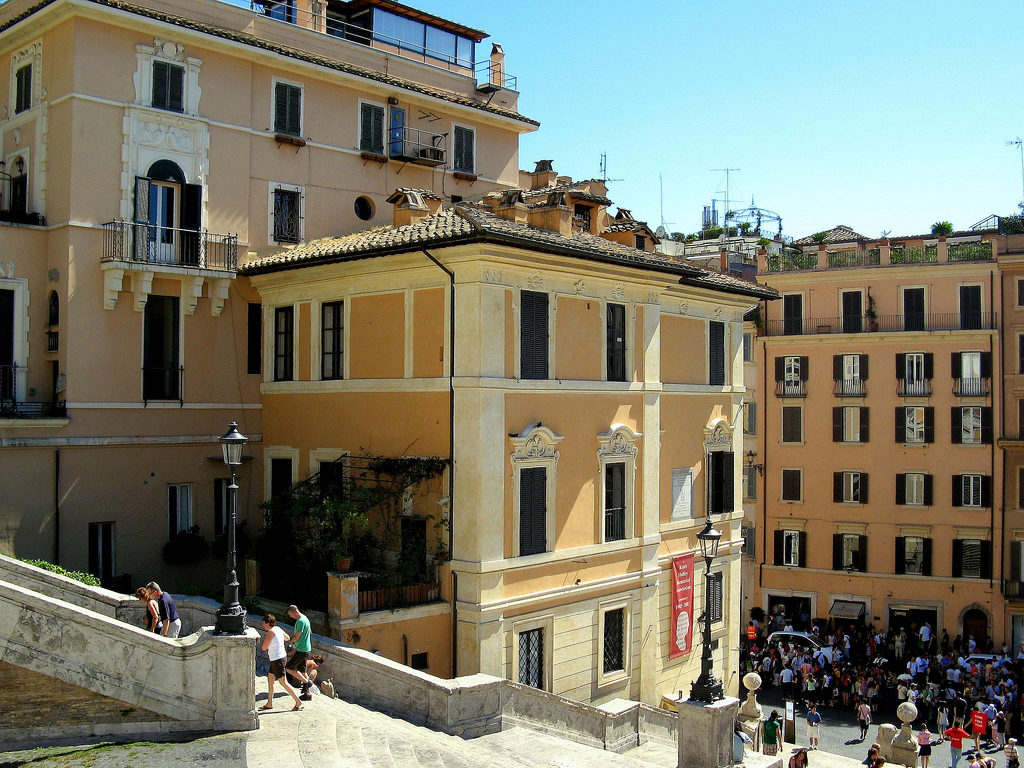Outside the town of Price stretched hundreds of miles of dusty sagebrush ringed by near and far cliffs of dirt and rock. Yet in the little town proper, thanks to a primitive grid of irrigation canals—mud walls buttressed by ancient Model-T wrecks—there were grassy lawns and trees, like the glorious apricot tree under which my father, my mother, my sister, and I sat that late summer Sunday afternoon with the Russian couple whose names I can no longer recall.
Essays
Blood and Every Beat
Disney, the warship, captured the Star Wars universe, firing off in quick succession two movies: The Force Awakens, which continues the picking-over of the Skywalker family bones, and Rogue One: A Star Wars Story—that is, a side quest between Revenge of the Sith and A New Hope, which I paid sixty dollars to see, including four sets of black plastic 3-D glasses. Rogue One is proper Star Wars canon because Disney says so: The once-untold story of how the Rebel Alliance—scrappy and in disarray as ever, a true coalition seized by occasional rancor, debate, disagreement, and speeches—steals the schematics of the original Death Star from the Galactic Empire—decidedly more economical in its internal organization than the Rebels, as there is no debate who is Emperor and who is Lord. The Empire’s grip on the galaxy tightens as its weapon of mass planetary destruction nears full operation. The hardscrabble Senate, relic of the felled Republic, appears too busy dissecting its own demise to perhaps take a lesson or two from the other side, who plotted sedition, executed revolution, then brutalized the defeated.
Fraternity
He calls me and says, “I got a good North Country story for ya.” Then after the story he says, “I don’t know, man. I just feel like it would be cool to write something about the people up here. They’re such fuckin’ characters.” Or he’ll say, “If we could just write something about Mom and Dad, you know. I think our upbringing was super unique.” He has also talked about writing rants about people who don’t know the fucking speed limits around here, who hold him up on the two-lane highways that wind through our mountains. Or about making a website that would provide snarky news about the North Country, with headlines like Wilburs Still Fucking Inbred and Way to Fuck It Up, APA. We’ve been having one-way conversations about his writing projects for years. Sometimes he talks about working on them together, and sometimes he talks about doing it himself. I tend not to say much.
The Radical Familiar: Matisse’s Early Nice Interiors
The paintings may be best known for what they are not. They were made on the heels of work now considered Matisse’s most groundbreaking, the paintings from the period between 1907 and 1917 when he engaged with the early perceptions of modernism. His trajectory through these years widened his ambitions and shows him becoming more cutthroat within them, first leaving behind the saturated exuberance of fauvism, then, by degrees, flattening color and form into strange and austere near-abstractions.
Meandering Zone
We are barreling north out of Salt Lake City, and David is talking about the clouds. “They don’t look like the clouds in the East,” he says. “They’re uniform, but fuzzy.” Out the window, the topaz sky shimmers over the mountains. The snowy peaks echo the color of the fuzzy western clouds, which stretch across the air like floating bedsheets.
The Church: an excerpt from History of a Disappearance

Translated by SEAN GASPER BYE
Decades of neglect and environmental degradation led to Miedzianka being declared uninhabitable, and the population was evacuated. At the center of the city, the church took the longest to disappear.
Current Obligations
Dear Brian:
I hope you don’t mind my addressing you this way. You addressed me as P., after all—no last name. Although we’ve never met, you offered condolences for my loss.
Linnahall

I’m afraid I may be lost. I begin down a brick street with St. Olaf’s Church on my right. Its towering spire, a rusty green, has become my lodestar. I rotate my map about ten different times before hesitating down Pikk, the main thoroughfare. This street name is typical in Estonia, where the letters so often occur in pairs. Yesterday afternoon, when I checked into the Hotel Braavo, I thought the spelling had been a mistake. By now I’ve largely forgiven myself for these assumptions, which I remind myself are unbecomingly American. I try to take comfort in the language here, whose coupled letters offer a welcome contrast to my experience wandering the streets alone.
Reading in Public: An Elegy
I was riding the F train home the other day reading Colson Whitehead’s The Underground Railroad. The local went express at Jay Street in Brooklyn, and I exchanged an exasperated smile with a woman on the platform. “Is that good?” she asked, pointing to the book. “I’ve been meaning to read it.” I called Whitehead’s disturbing way of mixing history and invention in his novel about slavery, “steampunk abolitionist” and she liked that. Manners obliging, I asked what she was reading. “Something with Ove in the title.” It was funny in surprising ways, but she couldn’t remember the name. We agreed nothing induces amnesia like being asked what you’re reading. The name and author came to her on the local. A Man Called Ove by Frederik Bachman. I promised to look it up. I got off at the next stop feeling rich for our impromptu book club, and grateful for a moment of literary communion that’s all but disappeared.
Keats-Shelley House, Rome, Italy
By AMY WELDON

Hoisting our backpacks, my students and I start up a narrow staircase that points us left and right. In November 1820, John Keats and his friend Joseph Severn climbed these stairs to two small rooms above the Spanish Steps, ready to stay until the end, which they knew wouldn’t be far away. Nevertheless, they rented a piano. Getting that piano back downstairs must have been a nightmare. Not to mention the armloads of drapes and rugs, and the sheets and the pillows, and the mattress, stained with sad rings of blood. But it was the law: all movable furnishings of a consumptive’s sickroom, even the wallpaper, must be burned. And then, on a late February day in 1821, would have come the carrying-down of Keats’ small body itself: a twenty-five-year-old man, five feet tall and wasted to the weight of an adolescent, the luminous eyes closed for good.








